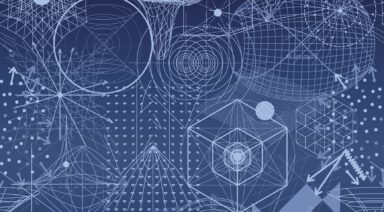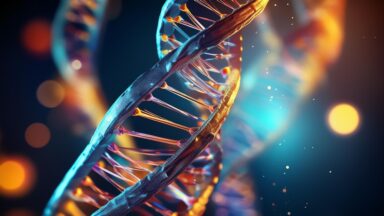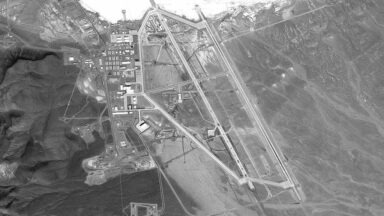Can This Brainwave Study Explain What Happens to Consciousness When We Die?
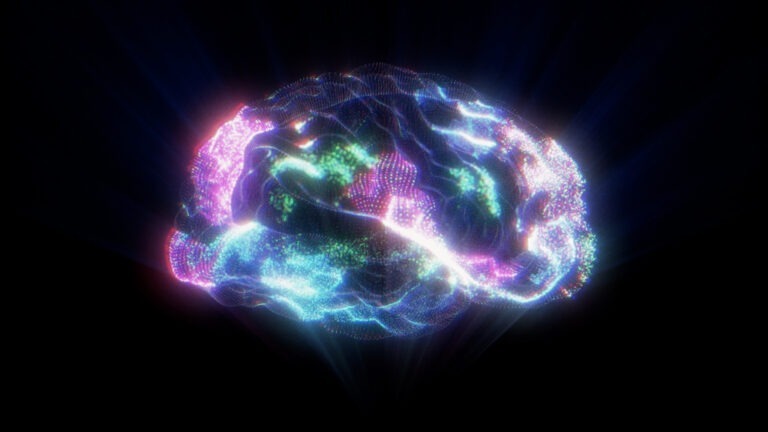
A new study records the brain waves of a dying person in detail for the very first time. Could the findings explain what happens in our transition into death?
While there is plenty of anecdotal evidence from people who have had Near-death Experiences or NDEs, there is little to no hard scientific data on what happens in the brain as people are dying.
Now, researchers who recorded 15 minutes of brain wave activity in a dying man, are speculating that the findings may explain the phenomenon of life recall or review that many near-death experiencers report.
Dr. Eben Alexander is a neurosurgeon who, in 2008, experienced an NDE as he lay in a coma caused by a serious case of viral meningitis. After a miraculous recovery, he went on to write about the experience in several best-selling books.
“There’s a tremendous amount of evidence that, at the end of life, our consciousness does not just disappear as one might assume if the brain created consciousness,” Alexander said. “But in fact, our consciousness seems to expand in dramatic ways, and I think this is where a deeper understanding of NDEs is crucial for us to understand the mind-brain relationship and the nature of consciousness itself.”
To Alexander, while the study is a step in the right direction towards understanding what happens when we die, it is fraught with some misunderstandings.
“Now, there are many problems with this study and the main thing I’ll point out here is, first of all, do not confuse correlation with causality,” Alexander said.
“This is a common mistake in neuroscience and it results from the unproven assumption, and in fact, I would say a disproven assumption, that the brain is creating consciousness, and therefore, to find any change in phenomenal consciousness we must look for a neural correlate; some physiologic change in the brain. And modern studies just show that that reasoning is false, there’s more to it than just what’s going on in the brain.”
Some of the strongest evidence for this thinking comes out of recent studies using sophisticated brain imaging of participants on psychedelics.
“They universally show a decrease in brain activity and a dissolution of things like the Default Mode Network that is thought to be so responsible for our sense of self and existence in the moment. If those things dissolve and disappear under the influence of these plant medicines, or entheogens, all other bets about looking at neuronal activity to try to match up to phenomenal experience are really off,” Alexander said.
“The important thing to get is: the brain is not the creator of these phenomenal experiences. It’s a filter, so it influences the experience that we have, but it’s not ultimately the complete explanation for them.”
What can be said about the findings of the recent study that suggest that the pattern of brain activity recorded corresponds to memory recall and may provide a physiological basis for the life review as experienced by near-death experiencers?
“Memories that are encountered during NDEs, such as the life review are not just vague sepia-tinted memories, these are reliving of the events in a detailed powerful fashion,” he said. “Memories are not even stored in the brain, that’s one of the last nails in the coffin of materialist neuroscience.”
Alexander and other proponents of a broader approach to studying dying have high hopes that we are headed in the right direction.
“The message is very clear when you study consciousness in large fashion, including all the evidence for non-local consciousness and the rich reports of near-death and shared-death experiences, out-of-body experiences, telepathy, things like that. Then you get into that rich literature on reincarnation — all this is telling us is we need a much bigger theater of operations to explain all this, than our simple notions of the material and physical world being all there is. This is a pathway forward for a deeper understanding of what happens when we die,” Alexander said.
Incredible Evidence For Remembering Past Lives
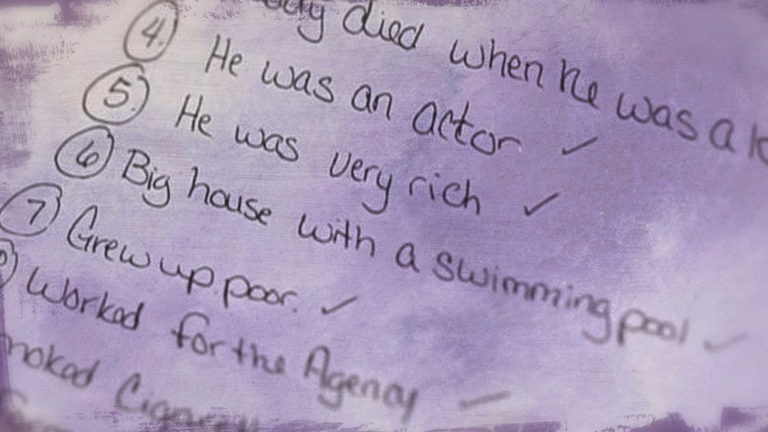
Could your love of sushi be proof that you were Japanese in a past life? Maybe not, but for a group of 24 Burmese children, it might just be the case. After WWII, a large group of children in Burma claimed to have been Japanese soldiers in a past life. They could not tolerate the spicy Burmese cuisine; instead, they craved raw fish.
This is just one of the thousands of documented cases in which memories seem to carry over from past life experiences. The concept of reincarnation is held in many parts of the world, especially those areas where Hinduism and Buddhism are practiced, but not until recently has it come to be a widely accepted idea in the Western world. A number of researchers are seriously exploring the evidence for reincarnation, especially in the context of past life regressions.







